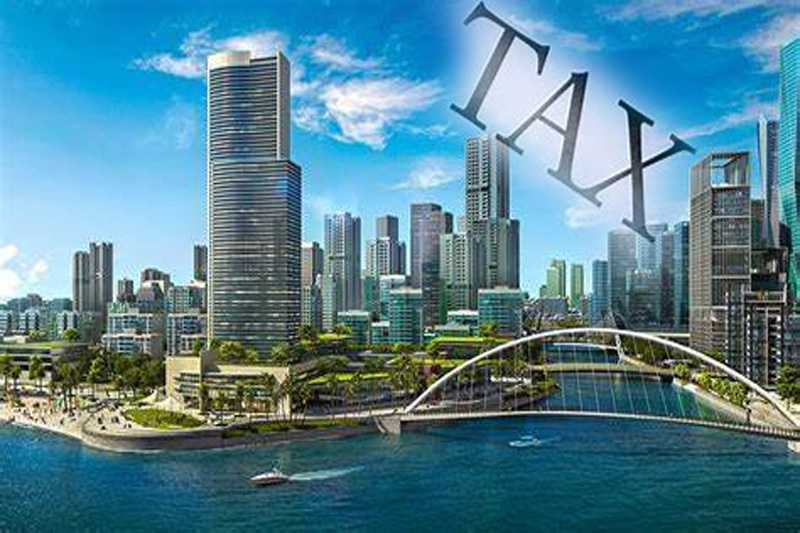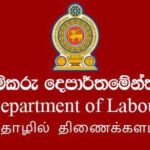
Government to Trim Tax Breaks for Port City Projects amid IMF Pressure
- CNL Reporter
- May 21, 2025
- News
- Port City
- 0 Comments
News of the Day
The Sri Lankan government is considering significant revisions to its tax incentive framework, particularly targeting the Strategic Development Act (SDA) and investment concessions granted to the Colombo Port City. This move comes amid growing pressure from the International Monetary Fund (IMF) to rein in overly generous tax breaks that threaten the country’s ability to raise revenue and manage its debt sustainably.
The IMF has advised the government to reduce the duration of tax holidays — currently extending up to 25 years or even 40 years in some cases — and withdraw exemptions for projects that do not qualify as truly strategic. It recommends replacing the SDA with a new Priority Investment Project Act aimed at ensuring that tax incentives are better targeted, time-bound, and fiscally responsible.
The Colombo Port City, a flagship development initiative, has enjoyed sweeping tax exemptions including relief from customs duties, VAT, and levies on ports and airports. These incentives were granted under both the SDA and the Port City Act, which allows the Port City Commission to classify certain businesses as strategically important and thereby eligible for broad tax concessions. Some companies can be exempted from up to ten major tax laws for as long as four decades.
However, these practices have drawn criticism from both local actors and international institutions. Former minister Patali Champika Ranawaka recently alleged that companies which funded President Anura Kumara Dissanayake’s visit to China are now lobbying for tax breaks in return. He warned that this quid-pro-quo approach to diplomacy and investment could prove costly for Sri Lanka in the long run, with the public ultimately bearing the financial burden.
Ranawaka also claimed that the President’s return from a diplomatic trip to Vietnam via private jet could be tied to undisclosed concession deals, hinting at a lack of transparency. He cautioned that such backdoor agreements may delay future IMF disbursements, given the Fund’s strict stance against non-transparent investment deals.
According to the IMF’s 2023 Governance Diagnostic Assessment, suspending the SDA and curbing arbitrary tax relief are critical for improving public finances and restoring investor confidence. The Finance Ministry has reportedly accepted this directive and is planning to present amendments to the SDA in Parliament by August. These amendments will limit the duration of tax holidays and introduce new levies specifically targeting Port City investors.
In addition, regulations on business registration and offshore company operations within the Port City zone were presented to Parliament for approval yesterday. These changes aim to standardize procedures and align tax incentives with broader national economic goals.
A senior Finance Ministry official stated that the government will suspend current SDA provisions until clear, rules-based criteria for investment evaluation are established. The goal is to implement a more transparent system of tax incentives that maximizes national economic benefit by the end of September 2025.
In essence, the government appears poised to strike a balance between attracting foreign direct investment and safeguarding the country’s fiscal stability. Whether these reforms will be enough to unlock the next tranche of IMF support remains to be seen, but they signal a clear pivot toward stricter oversight and more prudent economic governance.

